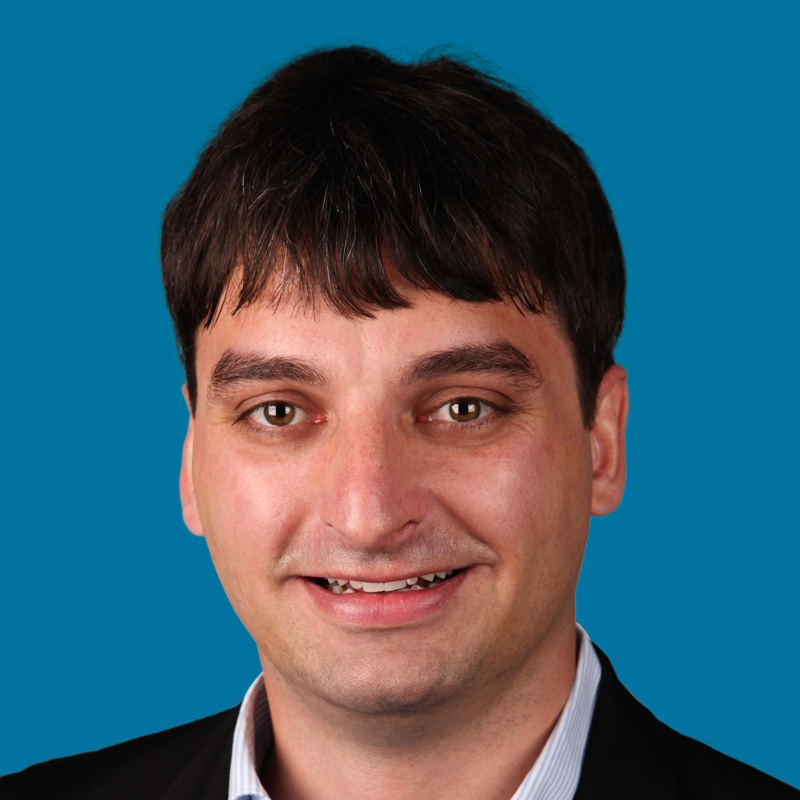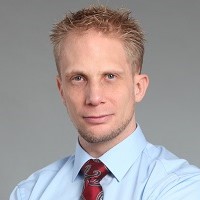ESCOM
Edge-Services for Components
ESCOM deals with balanced edge cloud environments for sovereign component service systems in the manufacturing environment. As part of the technology program “Edge Data Economy” funded by the German Federal Ministry of Economics and Climate Action, the advantages of edge computing in industry-related application scenarios are tested and the guiding principles of a Gaia-X-compliant data ecosystem are illustrated. The interdisciplinary project consortium enables the requirements from the different perspectives of the participating parties to be considered.

ESCOM is part of the dynamic project ecosystem around the Gaia-X lighthouse project EuProGigant:
Supported by industry and research partners, the projects AMIDS, DIONE-X, ESCOM, EuProGigant and Flex4Res focus on specific goals that feed into the project ecosystem, e.g., strengthening supply chains resilience, enable secure and multi-locational data sharing as well as connecting innovation partners. Together, they demonstrate how data can support the industrial value creation process while describing the benefits of data-driven business models. These efforts support the relocation of production companies back to Europe.
Funding
partners
partners

Consortium

The Institute for Production Management, Technology and Machine Tools at TU Darmstadt is one of the leading production engineering research institutes in Germany. Our vision is trend-setting research for data-driven, adaptable manufacturing technologies in resource-efficient and responsive production. With various demonstrators for data-driven manufacturing technologies and connected production solutions, we want to promote knowledge transfer into the industry and raise interest among young scientists.

Berger Holding GmbH & Co. KG is a family-owned company that manufactures precision-turned and milled parts. It has several subsidiaries with over 2,700 employees and annual sales of approximately 330 million euros. Customers are mainly automotive suppliers and manufacturers as well as machine and plant builders. By continuously developing our processes and products, we maintain our competitiveness and thus also secure our locations in Germany.

GMN is a leading developer and manufacturer of high-precision ball bearings, spindle technology, sprag type freewheel clutches, non-contact seals and electric drives based in Nuremberg. As a family-run company with around 470 employees, it stands out for its precision machining and high-quality, reliable products for a wide range of industrial sectors. In addition to an extensive standard range, GMN also offers customer-oriented special solutions in many cases.

CONTACT is the leading provider of open standard software for the product creation process and digital transformation. CONTACT products help to organize projects, reliably execute processes and collaborate globally using virtual product models and the digital twin. The open technology and the CONTACT Elements platform are ideal for connecting other IT systems for product development and the Internet of Things (IoT) and enabling end-to-end business processes.

As a blockchain specialist, the team at Datarella works on decentralised software solutions – included but not limited to the German industry. In addition to consulting and conception, the services also include the development of blockchain-based application solutions. This know-how is used in the ESCOM project to implement services and application scenarios or to support their development.

TVARIT is a leading global AI expert based in Frankfurt, Germany, specialised in the development and application of artificial intelligence to increase the efficiency of manufacturing processes. The company's goal is to pave the way for manufacturers worldwide to achieve maximum overall plant effectiveness, with virtually no scrap and no energy losses. Furthermore, TVARIT wants to enable next-generation energy-efficient production planning through the use of cutting-edge AI technology.

ifak is a non-profit research institute that conducts applied research in the fields of industrial communication, measurement and automation technology, and information management, among others. In numerous projects, ifak employees have been able to gain experience in topics such as data acquisition and analysis, interface integration, secure (wireless) real-time communication, modeling and description of industrial components (digital twin), and pass this experience on to partners from industry, especially SMEs, via various transfer measures. The main application areas of ifak's work include automated production and logistics systems in various industries. Participation in working groups of the Industrie 4.0 platform, VDMA, ZVEI, IDTA or in national and international industry and standardisation working groups ensures close contact with various application domains and contributes to the sustainable establishment of new technologies.

EIT Manufacturing connects innovators, research institutes and companies from and for the manufacturing industry across Europe. The EIT Manufacturing Community consists of at present six hubs working with more than 80 members, several dozen activity-based and network partners as well as supported start-ups in the areas of education, innovation and business creation. EIT Manufacturing is one of the innovation communities of the European Institute of Innovation & Technology (EIT), an independent EU body.

Use Cases
The overall technical concept in ESCOM comprises two application scenarios from metalworking, discrete production which follow a common solution approach. This involves transferring the know-how from component design in the form of simulation models into services using artificial intelligence (AI) methods. The simulation models describe the overall behavior of the components and can map effects on prescriptive quality and the degree of component wear in terms of predictive maintenance. The development requirement is to transfer the complexity of the simulation models as well as their time-consuming calculation through AI-supported and cloud-based model reduction procedures into deterministically executable services on the edge.




















